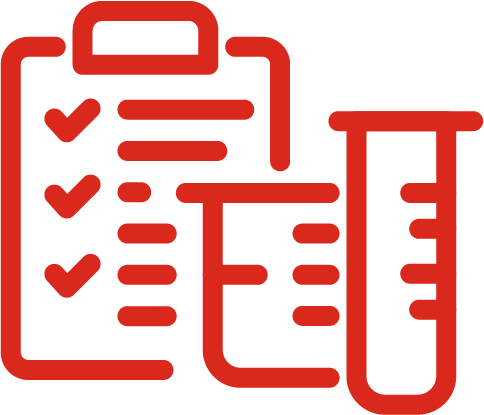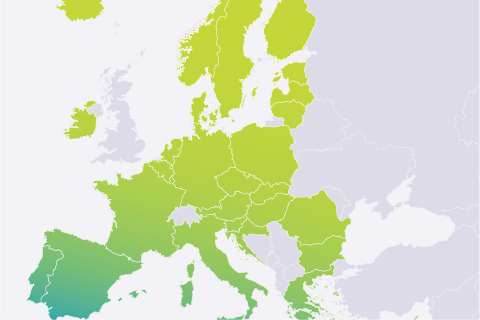
EU-HTA
Navigating the harmonized European HTA framework that will be applied in stages starting in 2025 will be a significant challenge for all stakeholders. While there will be a centralized clinical assessment, member States remain responsible for defining Populations, Comparators, and Outcomes (PICOs) as well as all decisions on Pricing & Reimbursement. The resulting process is a hybrid system requiring perfectly aligned national and central activities.

Pivotal evidence generated by clinical trials is the basis for both, marketing authorization by EMA and the EU-HTA process. Thorough scientific advice is needed for both to plan and execute successful clinical programes.

2.1 EMA - Central Marketing Authorization
Marketability across entire EU
The EMA authorization automatically triggers the EU-HTA procedure.
2.2 EU-HTA - Central Clinical Evidence Assessment
Central dossier submission for assessment of clinical data with joint methodology.
Starts after the submission of the marketing authorization application to EMA and ends max. of
30 days after approval.
Timelines EU-HTA
2025 – All newly authorized oncology drugs and ATMP
2028 – Expansion to all newly authorized orphan drugs
2030 – Full implementation: All centrally authorized drugs with new active pharmaceutical ingredients

National decision on therapeutic value, price and reimbursement – further evaluation of clinical data feasible.
Current documents on the EU-HTA process and opportunity to provide feedback (status 5 March 2024)
Berlin, 05 February 2024 (IGES Pharma) - On March 5, 2024 the draft implementing regulation was published for public consultation on the “have your say” homepage of the EU – and is open for feedback for four weeks until 02 April 2024.
The draft proposes a considerable change compared to the approach discussed by the EUnetHTA21 project in regard to the assessment scope. Expectations were, that EU member states would submit their PICO questions which – after consolidation to avoid duplications – would all become part of a set of PICO questions to be answered by the pharmaceutical company. PICO exercises conducted on this basis for three pharmaceuticals led to 5, 6 and 9 PICOs with only 8 respectively 10 member states participating in the excercises. This fueled concerns that full participation of Member States could lead to even more PICOS.
The draft implementing act addresses this challenge by a modified approach. It suggests that assessor and co-assessor shall prepare an assessment scope proposal based on information submitted by the pharmaceutical company to the HTA secretariat at the same time they submit their marketing authorization. The information requested is the draft SMPC and the clinical overview section.
The assessors shall then share their assessment scope proposal with members of the JCA subgroup and – based on the input received from Member States - shall prepare a consolidated assessment scope reflecting Member States´ needs whose rights to submit PICO questions are not restricted. This modified approach may open a route to reduce the anticipated large number of PICO questions by following a kind of moderated development of the assessment scope based on a proposal by the assessors as a basis for the Member States.
The draft implementing act includes detailed procedural rules including the exchange of information with EMA, the – still short – time to prepare a dossier by pharmaceutical companies and even shorter deadlines (7 to 30 days) to submit additional data if requested.
This deadline also remains a huge challenge for companies as it also applies to the submission of updated dossiers after changes to the assessment scope following label changes during EMA´s marketing authorization procedure. Here the strict deadlines inscribed to the EU HTA regulation obviously prevent other timelines.
The draft also includes annexes, inter alia the draft dossier template.
As EU HTA stakeholder, the IGES Institute and companies of the IGES Group have been intensively involved in the discussions and consultations of EUnetHTA21 and have prepared for the application of the regulation.
The companies of the IGES Group, with their many years of experience in HTA procedures in EU countries, support pharmaceutical companies, manufacturers of medical devices and other stakeholders in the implementation of the EU HTA Regulation.
The draft implementing regulation, its annexes and the link to the ´Have your say´ website of the EU-commission can be found here:
 Contact
Contact